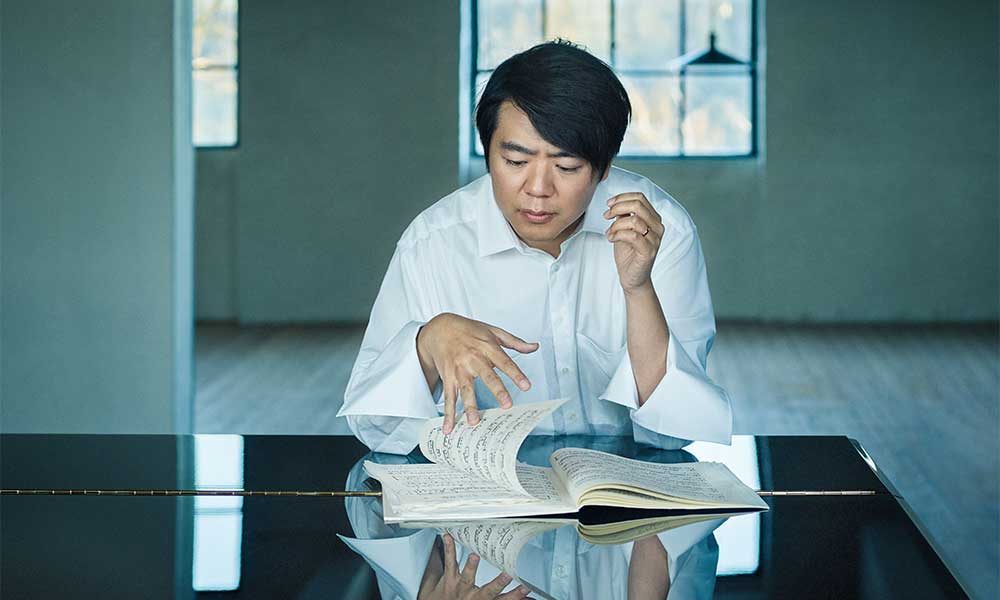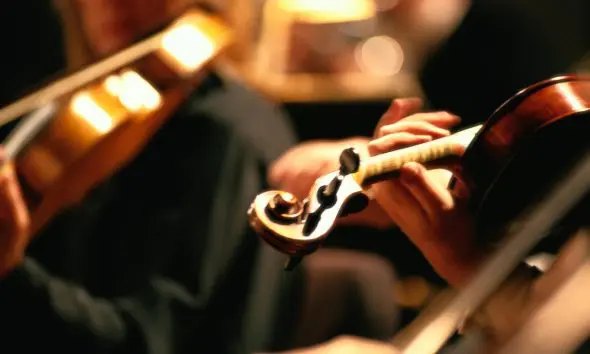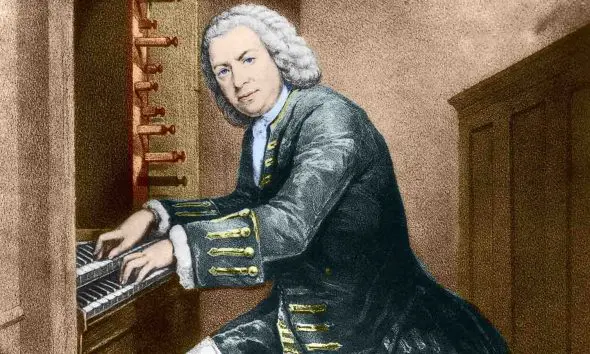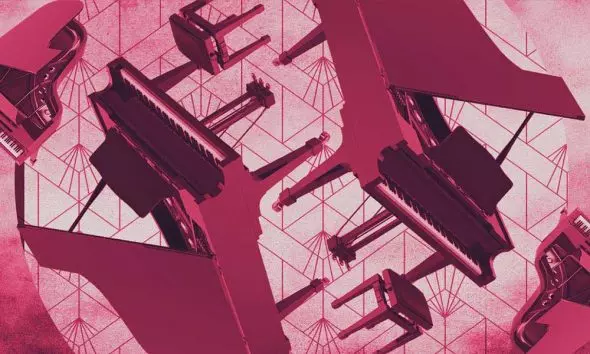Lang Lang Announces New Recording: Bach’s ‘Goldberg Variations’
Lang Lang has realised a lifelong dream by recording Bach’s monumental ‘Goldberg Variations’ which will be released in September.

Superstar pianist Lang Lang has realised a lifelong dream by recording Johann Sebastian Bach’s monumental keyboard work, the Goldberg Variations, often described as “a musical Everest”. Lang Lang first began exploring this masterpiece more than 20 years ago and the recording is the culmination of a long personal and emotional journey. Lang Lang will release two complementary performances of the work on 4 September 2020: the first was recorded in a single take in concert at the Thomaskirche in Leipzig, where Bach worked and is now buried, and the second was made soon after in the seclusion of the studio. The two recordings can be purchased together as part of a super deluxe edition, a world first simultaneous live and studio album release.
“I think the time was right for a new stage in my artistic development”
“I’m now 38 and, while that’s not old, I think the time was right for a new stage in my artistic development,” explained Lang Lang. “I’ve moved into new terrain with the Goldberg Variations and really immersed myself fully in this project. My goal as an artist is to keep becoming more self-aware and more knowledgeable, as well as to keep offering inspiration to others. It’s an ongoing process, but this project has taken me a little further along the path.”
Lang Lang was just 17 when he played the Goldberg Variations from memory for the conductor and pianist Christoph Eschenbach and he subsequently sought expert advice from leading interpreters of the composer’s music including conductor Nikolaus Harnoncourt and harpsichordist and early keyboard specialist Andreas Staier. Having allowed his relationship with the work to evolve naturally over time, Lang Lang finally felt ready to record the Goldberg Variations.
“I’ve been studying this work for more than 20 years and recording it has been a lifelong dream”
Lang Lang noted, “I’ve been studying this work for more than 20 years, and recording it has been a lifelong dream. I played the Goldbergs for Christoph Eschenbach when I was only 17. A few years later I played some excerpts for Nikolaus Harnoncourt on his own harpsichord. He and I talked about the solitary life of a musician and about creating different atmospheres in music. He said to me, ‘You play very well, but it doesn’t sound solitary enough. You need to find a greater sense of stillness within yourself.’ He played a couple of passages for me, and that opened my eyes to completely new dimensions in and approaches to Bach’s music.”
“Playing in the Thomaskirche, where Bach is buried, was unbelievably emotional for me”
In early March 2020, shortly before beginning his studio sessions, Lang Lang gave a poignant public performance of the work at the legendary Thomaskirche in Leipzig. “Playing in the Thomaskirche, where Bach is buried, was unbelievably emotional for me,” he recalled. “I’ve never felt as close to a composer as I did during that recital. The live version is very spontaneous, whereas in the studio version my playing is different – very considered and reflective. In a concert situation you experience the 100-minute work as a whole. In the studio you can focus on individual details and nuances, and of course that can affect the musical experience quite substantially.”
Bach’s Goldberg Variations is one of the greatest works ever written for the keyboard and demands total spiritual focus from the performer. The collection was first published in 1741 and consists of 30 variations, introduced and concluded by a single ‘aria’. According to an early biography of Bach, the work came about because of insomnia: the Russian ambassador to the electoral court of Saxony, Count Kaiserling, had trouble sleeping and usually asked his harpsichordist, Johann Gottlieb Goldberg, to play something to help him drift off. Having heard of Bach’s reputation, the Count asked the composer to write a piece of music to help him sleep. The rest is musical history.
The work was originally written for harpsichord but today is often performed on piano. The Goldberg Variations has been admired by pianists and harpsichordists throughout history and has been recorded by artists including Glenn Gould, Mahan Esfahani (on harpsichord), András Schiff, and Angela Hewitt.
“This isn’t just the most exceptional and creative work in the keyboard repertoire, it’s also the most multidimensional,” observed Lang Lang. “It allows us to draw on everything we have within ourselves, but also makes us realise what’s missing and what we still have to learn.”
Lang Lang’s recording of Bach’s Goldberg Variations will be released on 4 September 2020 and can be pre-ordered here.
Do you want to be the first to hear the latest news from the classical world? Follow uDiscover Classical on Facebook and Twitter.





wsmith
September 11, 2020 at 5:50 pm
This reminds not to have mentioned The High Priestess of Bach, Rosalyn Tureck, who’d Goldbergs earned a Rosette in the Penguin Guide.
As Gould remarked CV in his autobiography, she was the only artists who ever influenced his playing.
I’d find it hard to believe if Mr. Lang hadn’t consulted her recordings of it during his preparation.